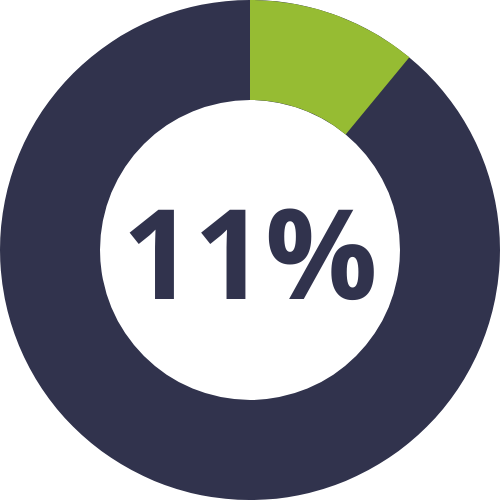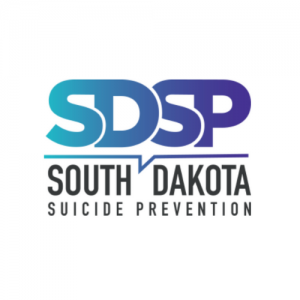According to the world health organization: Mental health is “a state of well-being in which the individual realizes his or her own abilities, can cope with the normal stresses of life, can work productively and fruitfully, and is able to make a contribution to his or her community.” We often think of health in terms of physical health, and consider doing things like exercising, taking vitamins, and eating healthy. Sometimes, despite our best efforts, we become sick. When we’re sick, we sometimes need medication or treatment from a doctor to feel better again.
The same things happen with our brains. Ongoing stress, difficult situations, or even genetics can cause us to develop a mental illness that can affect our daily functioning, our relationships, and our mood. The good news is that, just like when we are physically sick or ill, we can get help and treatment is available for mental illness.
Jump to...
Protective Factors
Protective Factors are characteristics of an individual, family, or community that can lessen the effects of stressful events. Essentially, these are things that promote resilience and strong mental health in children. Below are some things that families can to as Protective Factors for their kids.

Talk with Your Child
Communicate openly and honestly, including about their values.

Get Involved
Volunteer at your child’s school.

Learning at Home
Become engaged in school and help with homework.

Get Social
Encourage your child to play with others and build strong relationships.

Promote Health
Promote a healthy diet, exercise, and development in your child.

Provide Guidance
Supervise your child to help them make healthy decisions.

Communicate with Educators
Communicate regularly with your child's teachers and administrators.

Have Fun
Spend time with your child doing activities you enjoy.
Warning Signs
Warning Signs are the first signs and symptoms that suggest something isn't right. According to the National Institute of Mental Health, here are some things that may warrant further investigation. There isn’t a concrete list of warning signs that are true for every child. Each child is different. Families know their children best, and if your child shows one or more of these Warning Signs, it might be a good idea to look into things and visit with a professional.
In younger children:
-
Frequent tantrums or intense irritability
-
Expresses fears or worries often
-
Complain about frequent stomach aches or headaches with no known medical cause
-
Struggle to sit quietly or seem to be in constant motion
-
Difficulty making friends or disinterest in playing with other children
-
Recent decline in grades or academic performance
-
Repetitive behaviors
In older children and teens:
-
Loss of interest in things they used to enjoy
-
Low energy
-
Sleeping too little or too much throughout the day
-
Spending more time alone and avoiding activities with friends and family
-
Excessive diet or exercise, or unhealthy fixation on their weight
-
Engaging in self-harming behaviors, like cutting
-
Engaging in risky behavior, like smoking, drinking, or drug use
-
Thoughts of suicide or saying things like “No one would care if I was gone.”
-
Having periods of highly elevated energy and activity
-
Saying they hear things or voices or feeling like they don’t have control over their mind or body
Common Mental Health Disorders in Youth
Mental illnesses don’t just happen in adults. In fact, mental illness in youth is incredibly common. Some of the most prevalent mental illnesses in younger populations are
- Anxiety disorders
- Depression and other mood disorders
- Attention deficit/hyperactivity disorder
- Conduct or behavioral disorders
- Eating disorders

20% of youth ages 13-18 live with a mental health condition

11% of youth have
a mood disorder

10% of youth
have a behavior or
conduct disorder

8% of youth have
an anxiety disorder
Learn More about Youth Mental Health
Youth mental health facts from NAMI.org
How to Talk to Your Child

Here are some examples:
Can you tell me more about what is happening? How you are feeling?
Have you had feelings like this in the past? How long have you been feeling this way?
Sometimes you need to talk to an adult about your feelings. I'm here to listen. How can I help you feel better?
Do you feel like you want to talk to someone else about your problem?
I'm worried about your safety. Can you tell me if you have thoughts about harming yourself or others?
Getting Help
Most importantly, if you feel your child needs counseling, evaluation by a professional, or crisis services, don’t delay.
The best place to start when seeking help for your child’s mental health is your child’s pediatrician or primary care provider. You can also make appointments directly with a psychiatrist or psychologist, but the wait can often be longer. Visiting with your child’s School Counselor can give you a good idea of local resources when finding mental health services for your child, or you can call 211 or visit their website for a list of local providers.
If you are in an immediate mental health crisis (worried about the safety of self or others), please call 911.
Behavioral Health Voucher Program
The Behavioral Health Voucher Program aims to provide access to mental health and substance use treatment to individuals in need, at a provider of their choosing, at no cost if deemed eligible. Licensed and/or Certified providers can enroll in the program. Vouchers can be issued to clients by the provider, or as a result of a client contacting 211 and requesting treatment.
Call 211 to get started!
- Experiencing mental health and/or substance related issues – you qualify.
- Need funding support to cover costs of services – you qualify.
- Out of pocket/co-pays on your insurance are beyond your means – you qualify.
South Dakota Resources

Helpline Center


